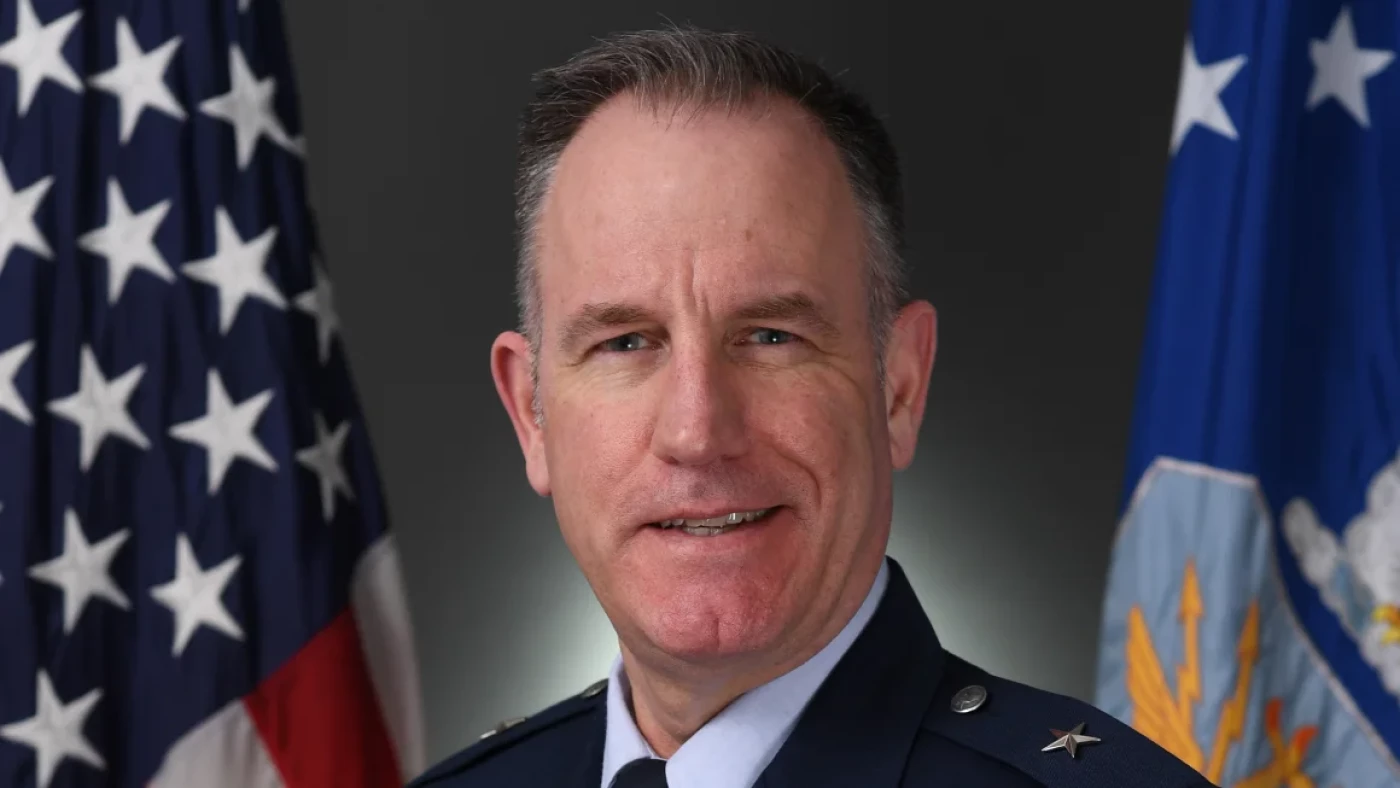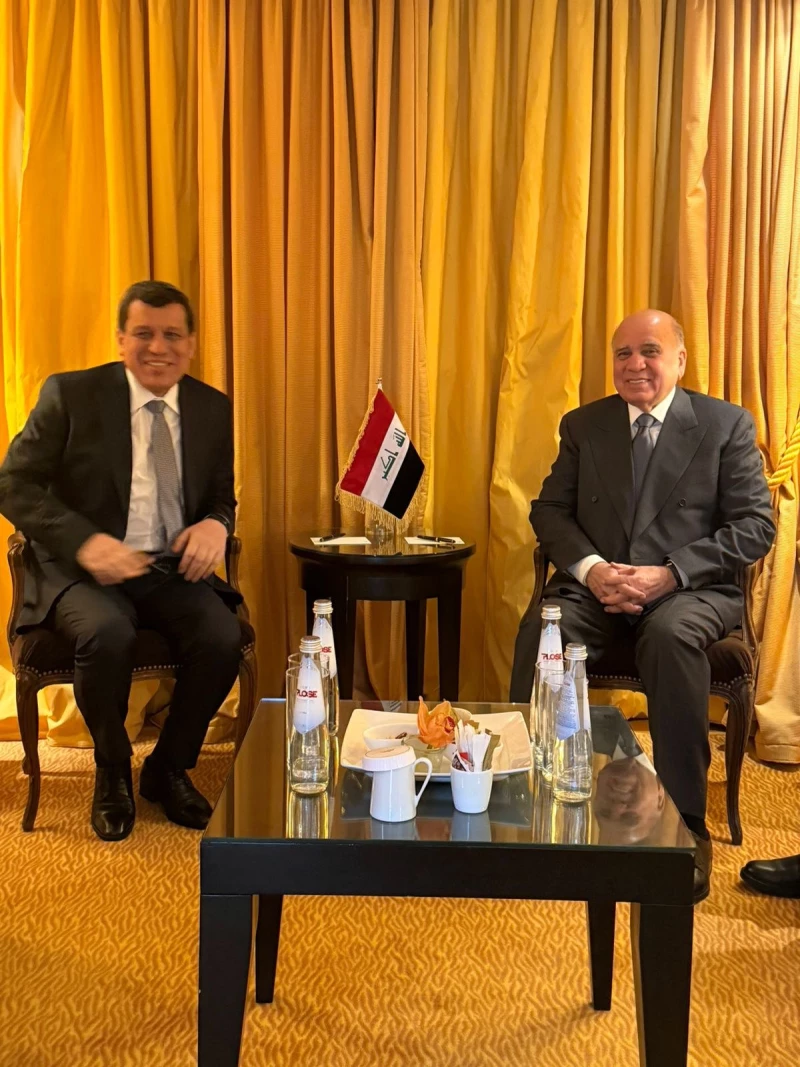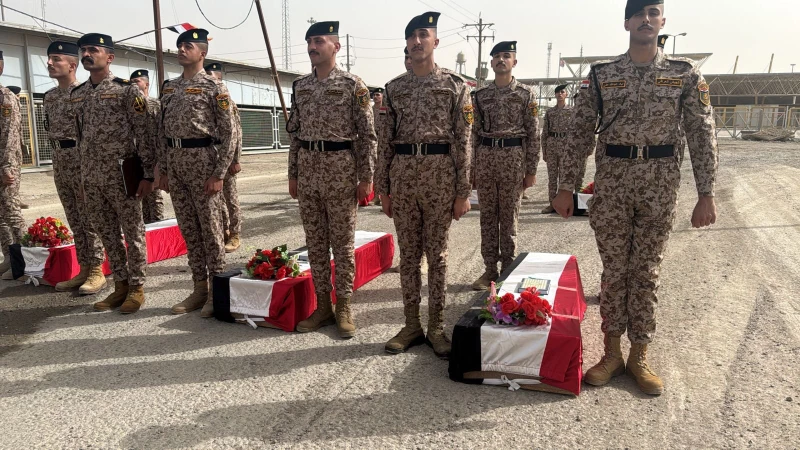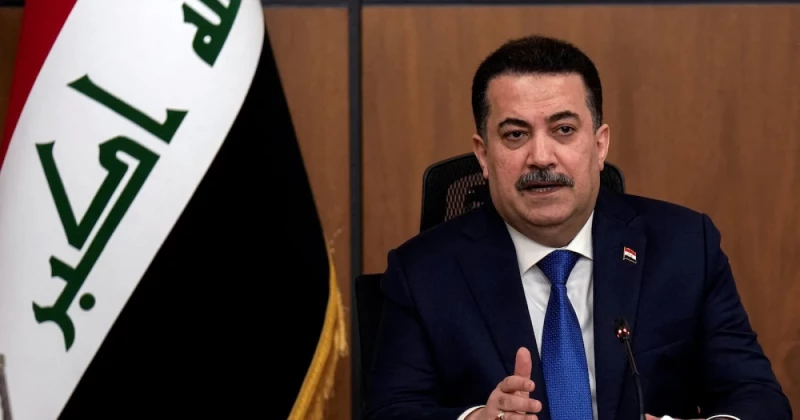The US will continue working closely with Iraqi forces, including the Peshmerga forces, to avoid the resurgence of the Islamic State (ISIS) group, the Pentagon Press Secretary said on Tuesday, as talks between Baghdad and Washington continue to end the US-led global coalition’s mission in the country.
“We are going to continue to work closely with the Iraqi government and other partners in the region, to include the Peshmerga, when it comes to what is the ISIS threat, what do we need to do to ensure that it cannot resurge in the way that we had seen it do earlier, and make sure that, at the same time, that our partners have the capabilities that they need to be able to ensure that ISIS doesn't come back,” Pentagon’s Patrick Ryder told reporters.
Ryder also praised the abilities of the Iraqi and Kurdish forces, saying that they have “significant impact” in forbidding the terror group from continuing its attacks.
ISIS took control of swathes of Iraqi territory in 2014, announcing their so-called caliphate with the city of Mosul as its capital, until Iraqi and Kurdish forces, with assistance from the US-led coalition forces regained control of the taken territories in 2017, announcing the group as territorially defeated.
However, the group still conducts occasional hit-and-run attacks and ambushes in several Iraqi territories, specifically areas disputed between Erbil and Baghdad.
Addressing talks between Iraq and the US regarding the withdrawal of coalition forces from Iraq, Ryder said that talks are ongoing between both sides with no clear timeframe set.
“Within the coming weeks, my understanding is that participants intend to have another principals meeting, where coalition leaders will receive a progress update,” he said. “Obviously the groups are coming together to talk about very important things, to include, you know, one, what is the current threat that ISIS poses, what is the operating environment, and looking at Iraqi Security Forces' capabilities.”
Both countries have held a series of US-Iraq Higher Military Commission Principals meetings since the start of 2024, aimed at assessing the risk posed by ISIS and the quick withdrawal of foreign troops from the country.
Earlier in the year, the Iraqi government said they are more insistent than ever on ending the US-led global coalition’s mission in Iraq, claiming that ISIS no longer poses a threat to the country, a claim that has been rejected by Kurdish authorities, who are perceived as strong allies of the US and fought alongside the coalition forces in the fight against ISIS.
Though the US has on multiple occasions claimed that the global coalition is in Iraq upon the invitation of the Iraqi government to help and train Iraqi troops in the fight against ISIS, and claims that troops remaining in the country serve an advisory and training role, it has always remained a serious question whether the Iraqi armed forces are now able to defend Iraq in case of a new insurgency.



 Facebook
Facebook
 LinkedIn
LinkedIn
 Telegram
Telegram
 X
X


